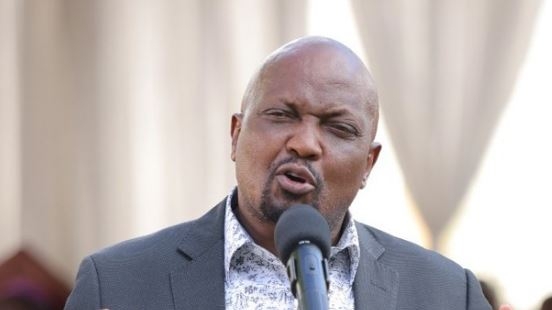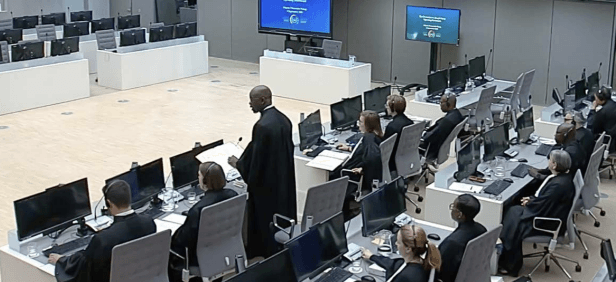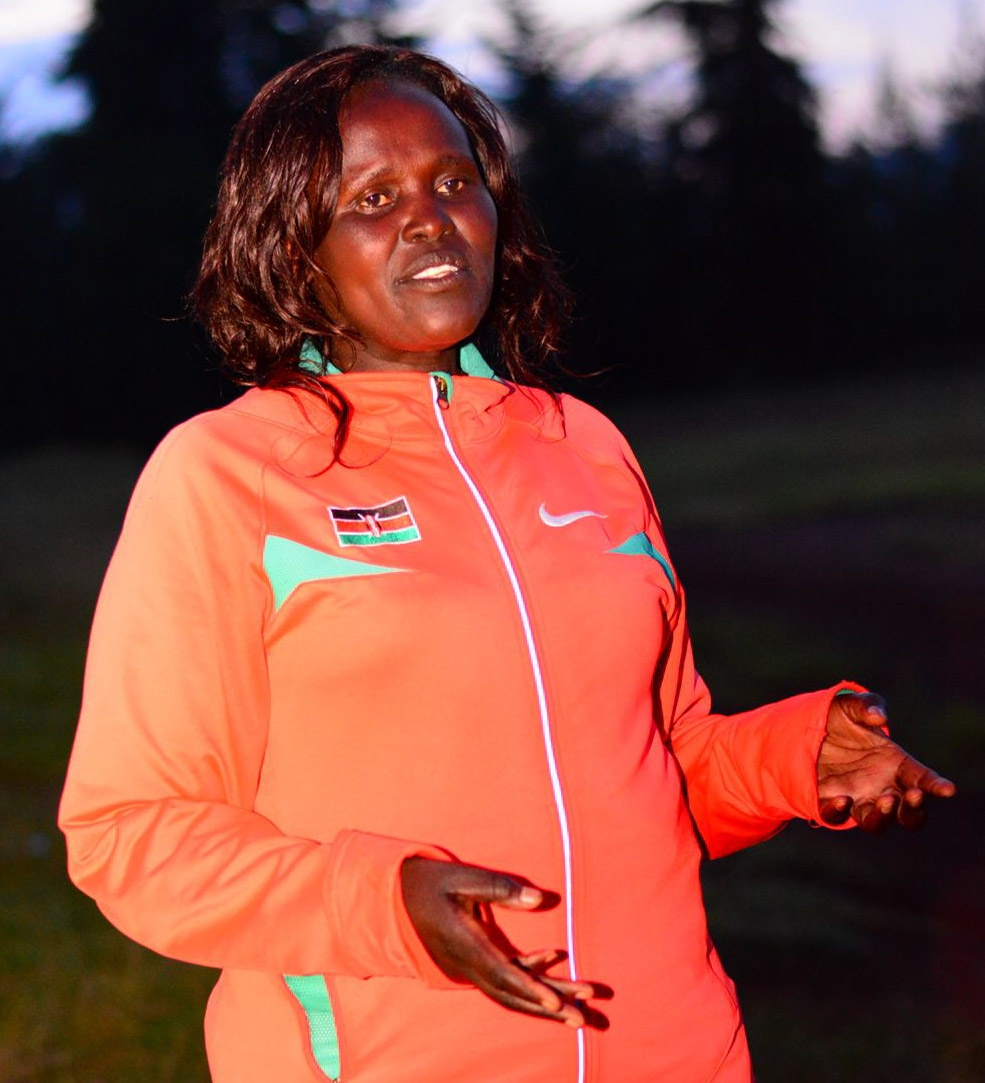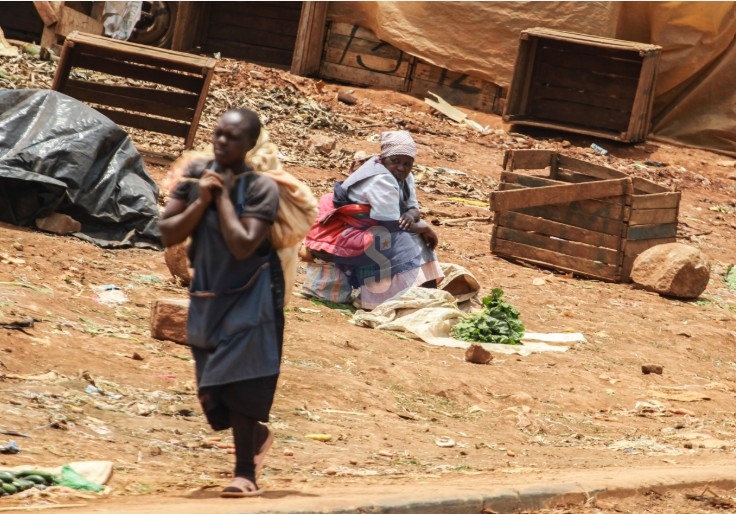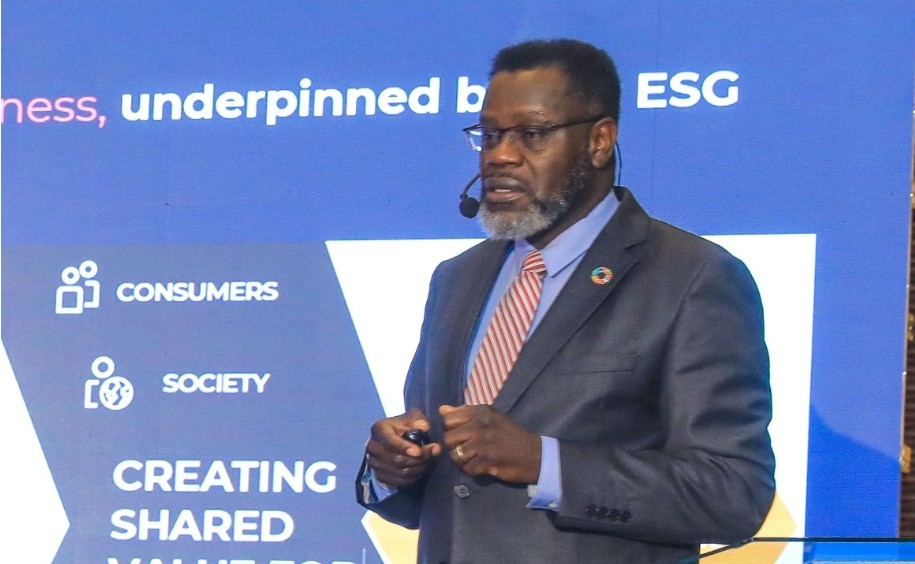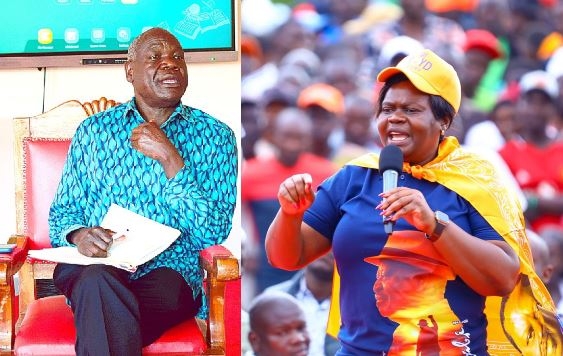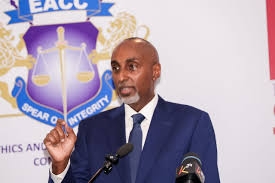It is a well-established pattern in Kenyan politics that anyone perceived to be a front-runner in the race for the presidency is guaranteed to find that his rivals easily gang up to deny him this prize.
Perhaps the most remarkable example of this phenomenon in recent times, was in the period leading up to the 2013 election. At that time, the serving Prime Minister, Raila Odinga, had for many months maintained such a commanding lead in all the reliable opinion polls, that many of his supporters considered the outcome of that election as already settled in his favour.
And when efforts were initially made to bring William Ruto and Uhuru Kenyatta into a political pact which would make possible their challenge to Raila for the presidency, it initially seemed like a bad joke. For this was the election coming immediately after the post-election violence of 2008.
And that violence had given rise to such profoundly bad blood between Ruto’s Kalenjin community and Uhuru’s Kikuyu community – specifically an incident I will delicately refer to as “Kiambaa Church” – that it seemed unthinkable that the two communities could be persuaded to work together in any viable political formation.
But as we know, the two leaders did manage to find a way to work together and to thus deny Raila the presidency.
This pattern however goes back all the way to the early years of Independence, the mid to late 1960s. Raila’s father, Jaramogi Oginga Odinga was Vice President to Jomo Kenyatta, an old man of poor health.
There were plenty of ambitious politicians back then who believed they were worthy successors to Jomo Kenyatta. And a number of them, fronted by Tom Mboya, had little difficulty frustrating Jaramogi to a point where he felt obliged to resign from government and go out to form an opposition political party.
Little did Kenyans know then that a pattern had been established. For we were later to witness the fate of the late George Saitoti who served President Daniel Moi as VP for about 15 years. He was once considered to be Moi’s natural successor. But he was to see his chances of ever being president end in the dustbin, as he was shoved aside to make way for a younger candidate in the person of Uhuru Kenyatta back in 2002.
I could go on.
But what I really want to delve into is that the successful blocking of a leading candidate for the presidency, has often had the unintended consequence of provoking instability.
The schism between Jaramogi and Jomo was to be followed by the assassination of Tom Mboya; and epic violence in Kisumu when Kenyatta went there for the opening ceremony of a new hospital, leading to and the first ever broad daylight massacre of civilians in the nation’s history.
But worse was to come three decades later.
Even more dramatically, Kibaki’s victory in 2002, paved the way to the disintegration of the joint opposition that had enabled his rise to the presidency; and by 2007 Kibaki was faced with a new group of opposition leaders consisting mostly of his former supporters.
This is what gave us the post-election violence of 2008.
My basic thesis then, is that pushing aside a presidential front runner – by one means or another – is actually the easier part of Kenyan succession politics. Far more difficult is the task of keeping the group that defeated or outmanoeuvred him, intact. And somehow this splintering of the successful political coalition which pulled this off, is what tends to get us into trouble.
This brings us to the Deputy President, Dr William Ruto.
Up to about a year ago, he seemed almost invincible as he went around the country handing over astonishing sums of money to “development projects” and building a network of diehard supporters.
Now all that has changed, and his political opponents openly celebrate his humiliation as all his loudest supporters are stripped of the political sinecures which they had obtained through his patronage.
But sidelining Ruto was actually the easier part. What remains to be seen – and what is potentially far more dangerous to all of us – is whether those who crushed him politically will remain united.



